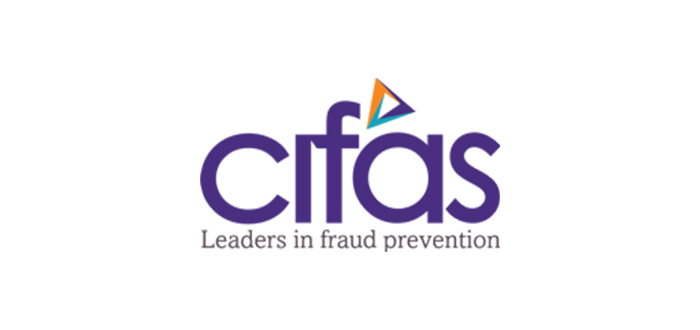New figures published by Cifas show an alarming increase in incidences of fraud among young people. The number of identity fraud victims among under-21s has reached a new peak, increasing by 24% in 2018.
Cifas is urging banks to ‘do more to inform and educate young people’ as a 26% increase of under-21s acting as ‘money mules’ is also revealed
Today, Cifas, the UK’s leading fraud prevention service, has released startling new figures showing a marked increase in the number young people falling victim to identity fraud.
The new figures reveal that Cifas members identified a 24% increase in cases of under-21-year-olds falling victim to impersonation fraud in the first nine months of this year, a significant rise from the same period in 2017. The majority of fraud for under-21s related to plastic payment cards – such as bank, debit, credit or store cards – with 34% of all cases reported in that sector, a 79% increase in the past year.
Cifas has also reported a steep rise in the number of young people acting as ‘money mules’, with a 26% rise in reported incidences in those aged 21-and-under between 2017 and 2018. So far in 2018, 9,636 under-21 money mule perpetrators were identified in the UK by Cifas members. Being a ‘money mule’ is when an individual allows their bank account to be used to facilitate the movement of criminal funds, a form of money laundering which carries a maximum prison sentence of up to 14 years.
Cifas is now urging banks to do more to provide information to young people when they first open an account to warn them of the implications of becoming a money mule.
Chief Executive Officer of Cifas, Mike Haley, says:
“Our new figures are alarming to say the least. Young people are increasingly at risk of becoming victims of identify fraud, with little idea of how to protect themselves. For all of us, as parents, teachers, and responsible citizens, we have a duty to ensure we’re taking every opportunity to educate young people on the dangers of becoming a fraud victim – and equally, a perpetrator of fraud.
“As the rise in money mules demonstrates, many young people seem unaware of the risks they’re running and the consequences it can have not only for the individual concerned but for society as a whole. More needs to be done to raise awareness about the harm of fraud and financial crime.
“We’re calling on banks in particular to ensure that they are providing young people with the necessary knowledge to prevent them falling victim to fraud – or becoming fraud perpetrators.”
On behalf of the Home Office-led Joint Fraud Taskforce, Cifas recently launched new lesson plans with the PSHE Association to educate young people about how serious money mule fraud is in the hope that they will think twice before getting involved.
The lesson plans also provide young people with an understanding of the protective behaviours needed to keep themselves safe from online scams and identity fraud more widely.
[tpr-boilerplate company=’null’]








